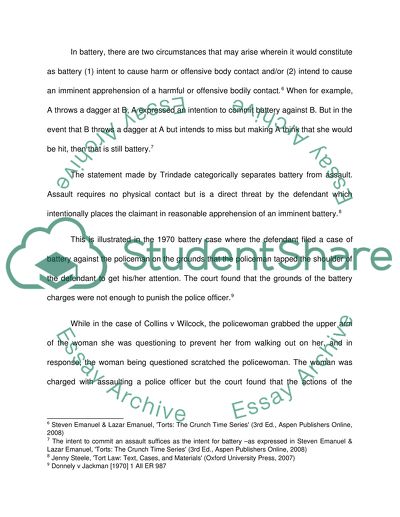Cite this document
(“LAW2044 LAW OF TORT II Essay Example | Topics and Well Written Essays - 3000 words”, n.d.)
Retrieved from https://studentshare.org/law/1398488-law2044-law-of-tort-ii
Retrieved from https://studentshare.org/law/1398488-law2044-law-of-tort-ii
(LAW2044 LAW OF TORT II Essay Example | Topics and Well Written Essays - 3000 Words)
https://studentshare.org/law/1398488-law2044-law-of-tort-ii.
https://studentshare.org/law/1398488-law2044-law-of-tort-ii.
“LAW2044 LAW OF TORT II Essay Example | Topics and Well Written Essays - 3000 Words”, n.d. https://studentshare.org/law/1398488-law2044-law-of-tort-ii.


